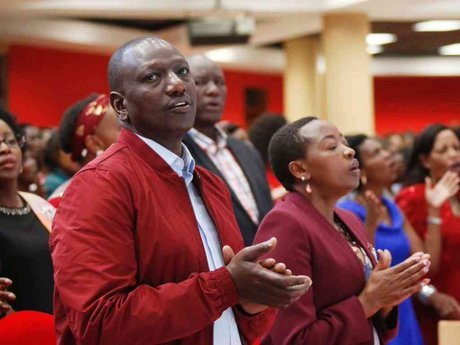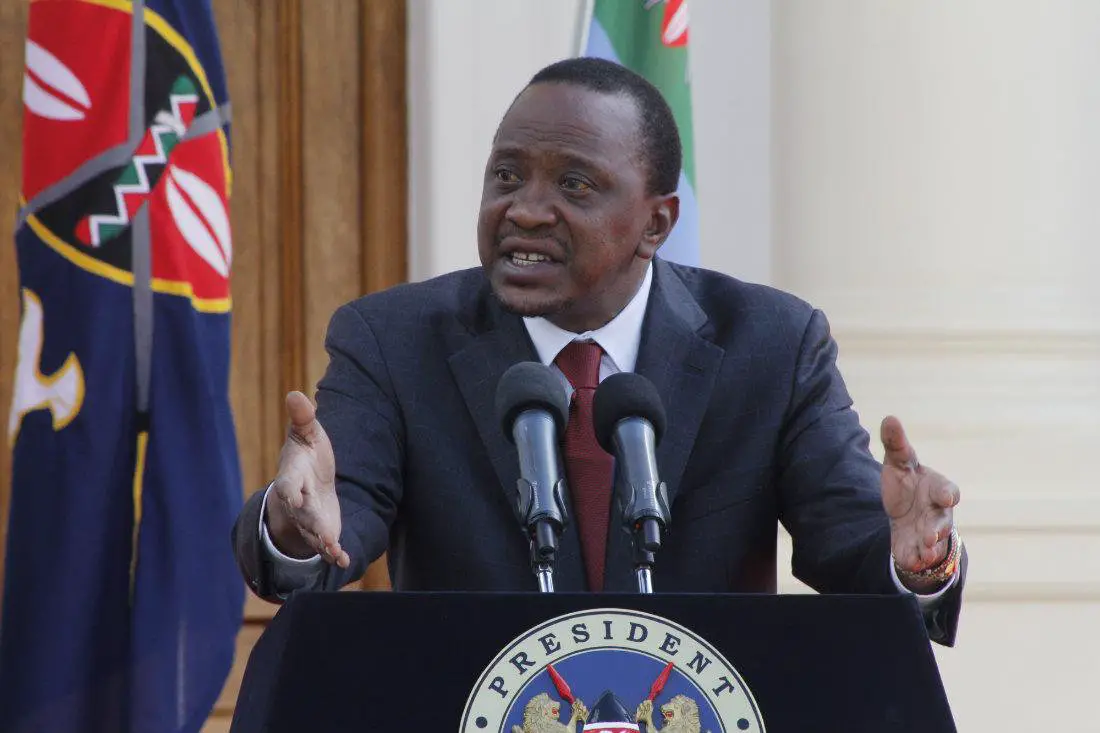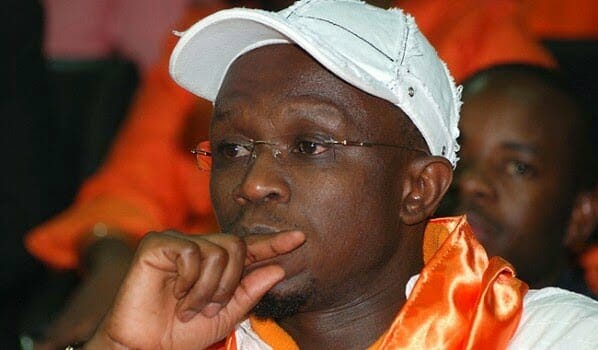There’s no doubt the man from Kuresoi wants to move mountains to succeed President Uhuru Kenyatta. However, if history tells us anything, it’s that it is going to take more than that for Deputy President
William Ruto to occupy the house on the hill. In other words, odds are that it won’t happen and for several goodreasons.
First — and this is the clearest of all —history does not bode well for Ruto because vice presidents all over the world rarely make it to the big office they spend years deputising.
For example, a review of the presidential fates of America’s 47 vice presidents by US journalist Alvin Chang shows that serving in that office is no assurance one would ascend to the presidency.
Chang found there have been 17 bids for the presidency launched after a vice presidents’ term. Five vice presidents tried and failed to get their party’s endorsement. An additional seven did get the endorsement but went on to lose the general election.
In Kenya, the story has been no different. The first casualty of this phenomena was Jaramogi Oginga Odinga, who declined the presidency, instead opting to have Jomo Kenyatta carry the mantle. Jaramogi
would later resign and served in the opposition for the rest of his life.
Jaramogi was succeeded by Joseph Murumbi, who became Kenya’s second VP between May and December 1966. His short stint was due to his unwillingness to go along with the shenanigans of the day, leading
to his resignation.
Murumbi was succeeded by Daniel Moi, who few believed would fare any better than his successors in serving long enough to succeed Kenyatta.
Moi surprised everyone in not only outmaneuvering the powerful and influential politicians opposed to his becoming president, anaccomplishment he owes then Attorney General Charles Njonjo a tonne of gratitude, but also in how quickly and almost effortlessly he consolidated his power, making it possible to rule for 24 years.
Moi appointed Mwai Kibaki as VP but later unceremoniously replaced him with Dr Josphat Karanja in 1988. Karanja served for a year before resigning abruptly to avoid an ongoing vote of no confidence by Moi.
Then came George Saitoti after the 1988 General Election, who went ahead to become Kenya’s longest-serving VP, serving variously for 13 years. Despite the long service, Moi did not hide his disdain for him,
publicly castigating and eventually replacing him with Musalia Mudavadi in 2002. Moi then let everybody know his chosen successor was Uhuru, leaving everyone scratching their heads as to why.
Uhuru and running mate Mudavadi were buried by the 2002 tsunami, in an election Kibaki won with Kijana Wamalwa as his running mate. After Wamalwa died in August 2003, Kibaki appointed Moody Awori as his replacement. A likeable person fondly referred to as “Uncle Moody,” his constituents didn’t think much of him and gave him the boot in 2007 as Funyula MP.
The 2007-08 post-election violence saw ODM-Kenya leader Kalonzo Musyoka become VP in a boardroom deal, only to be betrayed by Kibaki at the eleventh hour in 2013.
Ruto has been serving as Deputy President since 2013 and now has his set for the presidency. The foregoing history counsels he should gaze elsewhere.
History is not the only headwind Ruto faces: There’s more and next in that order are the enemies Ruto has made in his relatively short political career. In the unlikely event one has forgotten, Uhuru and Ruto rose to power largely because of 2007 PEV, which they masterfully exploited and, with the help of vifaranga vya computer.
However, for reasons no need to go into details here, Ruto’s sins are not seen in the same way in Central Kenya as Uhuru’s are seen in the Rift Valley, or elsewhere and besides the latter is soon done from politics.
That’s not the case with Ruto as there are those who would want to punish him, notwithstanding his case being dismissed at the ICC.
The third major headwind is a force to reckon in by itself and that is Raila Odinga.
There’s nothing in politics like sweet revenge, which is exactly what it would be for Baba and many others, were Ruto not to become President in 2022.
Samuel Omwenga
is a political commentator and legal analyst in the United States


















































